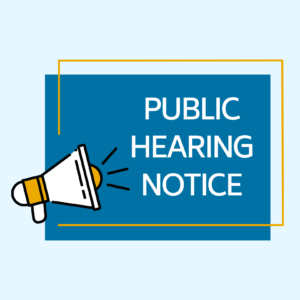Women are often in charge of arranging medical care for the whole family, but often neglect their own healthcare. Seeing a gynecologist is one of the best ways to ensure that you stay healthy and can continue to take care of your loved ones.
Gynecology is an important part of healthcare for women. Gynecology focuses on the female reproductive system. A gynecologist women can trust not only takes care of the reproductive system but looks at the bigger picture. They are often the trusted medical professional that a woman feels comfortable talking to about other medical concerns.
Pelvic Exams and Pap Smears
Two of the most common things that will occur when you have your gynecology appointment are your Pap smear and a pelvic exam. The Pap smear is done to detect cancer cells in the cervix. The pelvic exam is done to detect any abnormalities.
A Pap smear is critically important. Testing can mean discovering cancer in its early stages and initiate life-saving early intervention treatment. Around 13,000 women are diagnosed with this type of cancer every year and around 4,000 women die from it. Experts agree one of the best ways to fight cervical cancer is with early intervention treatment. The sooner the cancer is identified, the better odds of survival.
The pelvic exam can identify medical problems with the vulva, STDs, and other health issues. These two exams can help to keep your reproductive system healthy.
How Often Should You Be Seeing Your Gynecologist?
How often you need care largely depends on two things: your age and your health. Women between the ages of 21 and 29 should be visiting their gynecologist every year for a regular exam, as well as in between visits for any issues that arise. If you become sexually active before you turn 21, you should also visit your gynecologist every year. Young women under the age of 21 who are not sexually active can typically see a gynecologist every other year. The ideal time to make that first appointment is around the age of 16. If you are not sexually active, then a pelvic exam is not usually necessary. However, if you have had issues or concerns, a pelvic exam may be done.
How Often Should I See My Gynecologist After Age 30?
If you are in good health, not pregnant, and not being treated for a disease, you can see your gynecologist every other year after age 30. At each appointment, you will have a pelvic exam and a Pap smear. Official recommendations have actually lessened the number of Pap smears women should receive if they have no history of pre-cancerous cells in prior exams. These changes were made based on new understanding surrounding the development of cervical cancer progression.
When to Call the GYN
Outside of your regularly scheduled annual or bi-annual exams, you should schedule a visit with your gynecologist if you experience any of the following:
- Changes in menstruation
- Pain
- Unusual discharge from the vagina
- Odors or other developments
If you notice changes to your menstruation — which can include heavy periods, skipped periods, or spotting between periods — make an appointment to see the GYN. Anytime you are experiencing vaginal discomfort or pain, make an appointment to get things checked out. If you notice a change in discharge, it can be a sign of an infection, so it is important that you make an appointment with your GYN.
Get the health care that you deserve from a team of compassionate gynecologists. For more information on how gynecology can help you protect your health, contact us today.




